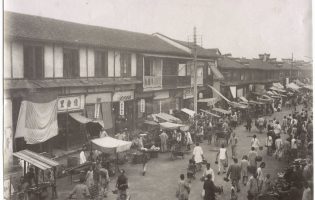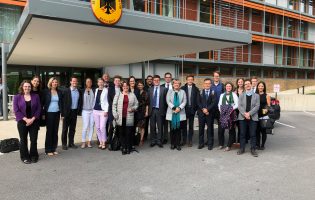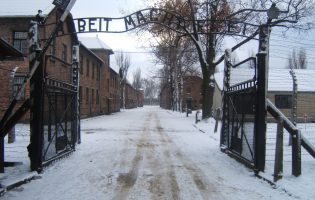
The Robustness of Franco-German Relations in an Unstable Europe
The European Union faces an existential crisis of dramatic proportions, occasioned by Brexit; nationalism and populism in several member states; internal sclerosis; and challenges from a chaotic international system created …

The Story of Bert Reiner, the Toy Maker, or: An Appreciation of the Individual Experiences of Former Shanghai Jewish Refugees
During the 1983 Christmas season, Coleco Industries, Inc. took the world by storm with a novel concept for a doll: Each doll was unique and would be adopted by a …

The Mantra of “Special Relationships”
One should be skeptical if there is a consensus across party lines in the Bundestag. On the occasion of the 70th anniversary of the founding of the State of Israel, …
Recent Authors
AGI provides knowledge, insights, and networks as tools to solve the challenges ahead.
Support Our Work
Are German-Israeli Relations Still “Special?” A Response to Ambassador Shimon Stein
Shimon Stein’s essay on the complex relationship between Germany and Israel is both penetrating and provocative. As Israel approaches the 70th anniversary of the state’s founding on May 14, it …

Germany-Israel Relations: Unique or Normal?
Recent events and statements by German figures indicate a change in Germany’s attitude to Israel. What for decades was a unique bilateral relationship – grounded in the memory of the …

A New Strategy for How the History of Nazism and the Holocaust Can Be Remembered by German, Israeli, and American Youth
Four factors make urgent the necessity of German, Israeli, and American youth actively remembering Germany’s history of Nazism and the Holocaust. First, in both Germany and the U.S., there have …










